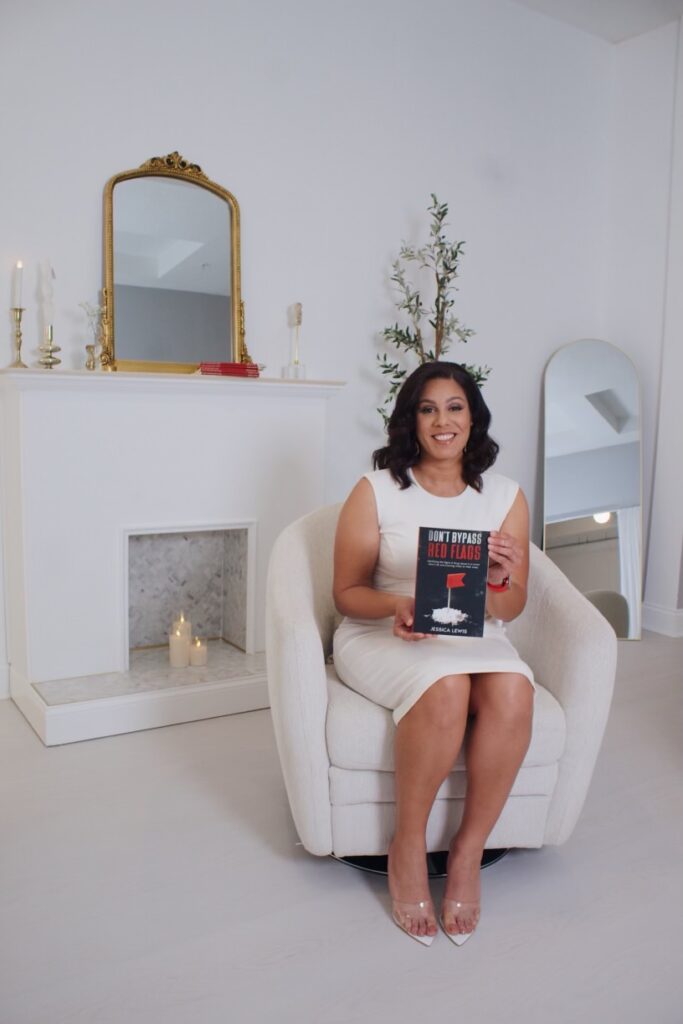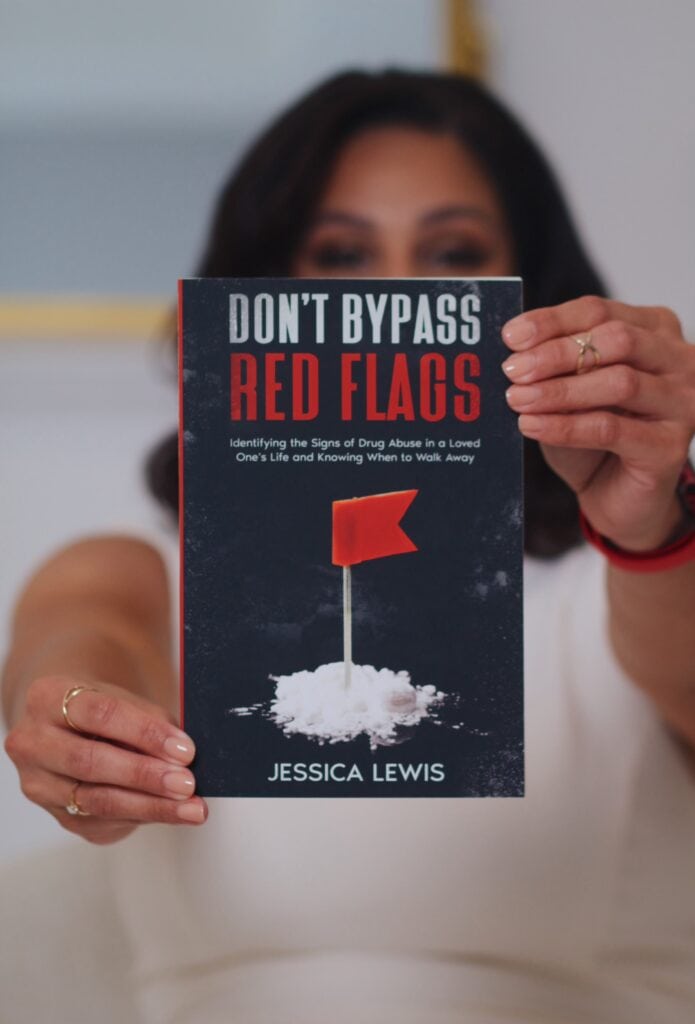
When Jessica Lewis confronted the traumatic reality of her marriage to a drug addict, her life started falling apart before her eyes, setting her on an unexpected journey. This pivotal moment marks the genesis of her memoir, Don’t Bypass Red Flags: Identifying the Signs of Drug Abuse in a Loved One’s Life and Knowing When to Walk Away.
Initially, Lewis grappled with the daunting prospect of sharing her personal story, adhering to a belief that family matters should stay private. Through prayer, she found that her testimony transcended her individual experience. Inspired by the community of Help Now of Osceola, an organization dedicated to supporting survivors of domestic violence, Lewis recognized the power of sharing personal narratives. A devout Christian woman, Lewis felt the Lord calling her to share her testimony to help others heal.
Lewis found comfort in venting to a friend about the overwhelming circumstances she faced. Balancing the responsibilities of mothering two young kids and a recent diagnosis of multiple sclerosis, she felt the absence of the spouse who had vowed to help her go through these experiences in sickness and health, good times, bad times, rich or poor. Lewis realized the depth of her experiences could fill a book. This thought caused something to stir inside her.
Lewis asked the Lord if He was nudging her toward the path of authorship. From that point forward, she noticed signs from the Lord leading her to writing, journaling, reading. Equipped with innate storytelling skills, when the Lord began giving Lewis signs that it was time to share her story, things started falling into place. Lewis acquired a laptop on which to start writing, and she contacted editors who helped her refine her manuscript. With each step forward, Lewis felt a sense of alignment with what the Holy Spirit called her to do.
The initial version of the manuscript served as a cathartic outlet for Lewis, allowing her to confront the layers of her experience in all its ugliness and complexity. In this vulnerability, Lewis felt shame and guilt. She battled with the notion that her story could portray her ex-husband as a villain and the propriety of sharing her experience publicly. Collaborating with a developmental editor who recognized her vision, Lewis transformed her story in ways that were authentic and sensitive to readers’ emotions. Subsequent versions of the book demonstrate the insidious grasp of addiction and how it affects not just the abuser but also people around them. These developmental edits prompted Lewis to seek additional guidance from Scripture, aligning her story with her faith.

The journey to the final iteration of the book proved arduous yet transformative. With each revision, Lewis healed and crafted a story imbued with strength, resilience and insight. Healing gave her the power to speak to readers from a place of empathy.
The book touches on three main themes: Identifying Red Flags, Prioritizing Your Safety and Finding Hope in the Unknown. In the first section, Lewis uses her experience and hindsight to illustrate how you can miss red flags and end up in a toxic relationship. Lewis talks about how to recognize red flags for what they are. For instance, Lewis missed the red flags because she did not know that mental and emotional abuse are still serious forms of abuse. In the second section, the book ensures that individuals in toxic relationships understand that their safety matters, too. Sometimes when people are in toxic relationships with drug abusers, they focus primarily on the safety of the other person or focus on who this person is spending time with and if those people are dangerous. The last section highlights how the fear of letting go may be greater than accepting that letting go may be the best thing to do. Life may take you in unexpected directions, but this is for the best if it means you are out of a toxic situation.
Lewis hopes that readers understand that you can always surrender your struggles to Christ regardless of how ugly or messy they are. There is life outside of chaos. Lewis is not perfect. She has gone through challenging times, but she is not defined by these moments. “I’m not what I went through, but because I went through it, I am a different person and I think that I’m better for having gone through it,” Lewis says. “I’m happy with who I am. I love who I am. I’m glad I’m not where I was, and I want that for other people as well.”
Don’t Bypass Red Flags: Identifying the Signs of Drug Abuse in a Loved One’s Life and Knowing When to Walk Away is available on Amazon. For those in Lake Nona, if you run into Lewis, she may have a copy on hand.


